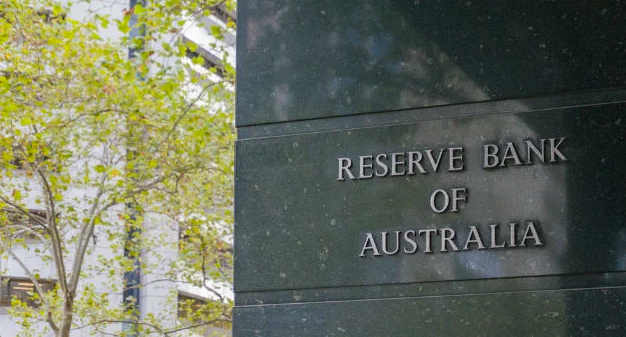Australia's Q1 inflation data was published yesterday and all three measures from the ABS missed to the downside. Core inflation has been below the lower end of the RBA's target band for 3 years.
Data, and more, is here:
- Australia Q1 CPI, headline 0.0% q/q (expected 0.2%)
- AUD drop on CPI's flat headline results, core measures under expectations also
- Does this algo hold the key for an RBA rate cut?
After the data, analysts were very quick indeed to bring forward their expectations for a rate cut from the Reserve Bank of Australia. Here:
- Citi, JPM, RBC, all tipping May (and more) AUD - responses to the CPI coming in, banks shift expectations for RBA cut to May
- ANZ, TD also forecasting a rate cut in May: More firms shift their RBA rate cut forecasts to May after disappointing CPI data
Adding these in now, Nomura (in summary from a detailed piece):
- With inflation having drifted below the bottom of its target band for three full years, and now taking a further lurch below target, leading labour market indicators only "mixed" (rather than solid), and dwelling prices continuing to grind lower (adding somewhat to financial stability and growth risks), we believe the RBA is now compelled to respond with a lower cash rate.
- With today's surprising low CPI data, and a May quarterly Statement on Monetary Policy approaching - which should showcase (at least) lower near-term GDP and CPI forecasts - we see little value in the RBA waiting. We bring forward the first of our forecast cuts to May, from July. We will leave the second forecast cut in August, for now at least.
ps. Nomura note a May cut comes during the election campaign but conclude this will not prevent the Bank from cutting.
For an alternative take, HSBC's response (again, this in brief):
- as the RBA has pointed out repeatedly, while the jobs market still has positive momentum, which is still the case, the central bank could continue to argue that a tightening labour market will deliver a gradual lift in wages growth and an eventual return to having inflation on target.
- We remain of the view that the RBA will need to believe that the unemployment rate is set to rise to 5.5% (it is currently 5.0%) before it would consider cutting the cash rate, despite underlying inflation being low.
- We now expect the RBA to remain on hold at 1.50% until the end of 2020. As we have repeatedly noted, while the jobs market has positive momentum, we doubt the RBA will cut its cash rate
----
Note -




